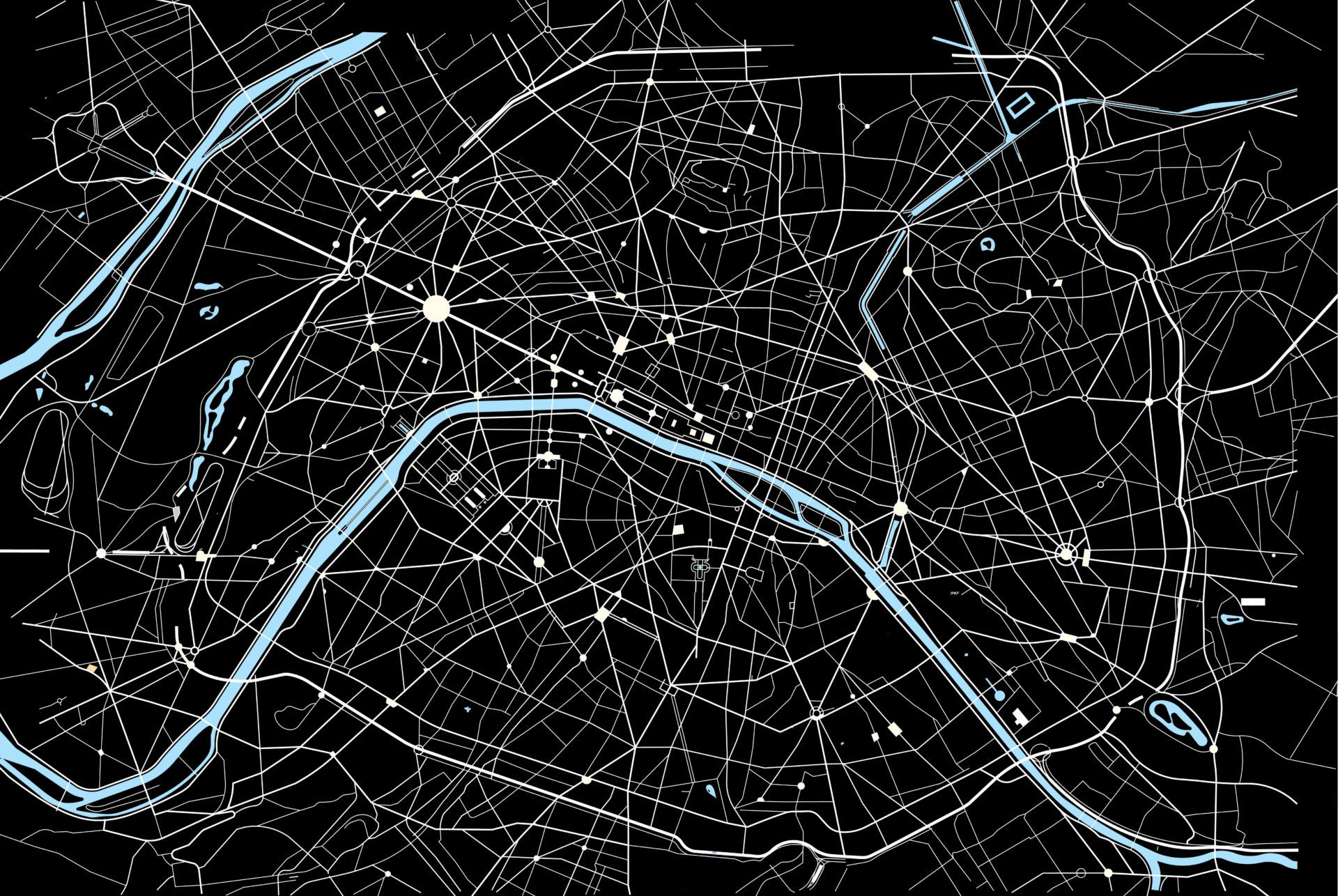
Computer vision-powered mapping startup Mapillary has successfully put more than 186 million features on a global map, a vital step in the move towards wide-scale use of autonomous vehicles.
Accurate maps are vital for training autonomous systems, which are dependent on up-to-date HD maps, used in combination with cameras and sensors, to be able to navigate by having an accurate representation of the surrounding physical environment.
Current GPS is not accurate enough for this, meaning maps for autonomous vehicles from companies such as Mapillary, which uses computer vision technology to make maps more detailed and up-to-date globally, are an important step in the roll out of the technology.
Jan Erik Solem, co-founder and CEO of Mapillary, said that the training of autonomous systems is driving the demand for maps for autonomous vehicles:
“The demand for map data is on the rise in industries ranging from mapping to automotive and governmental sectors, like transportation agencies. There’s no way any single player can map the world on their own, which is why we’ve built this collaborative and computer vision-powered model. It allows anyone to share imagery and access important information in the images through computer vision.”
As well as roads and street signs, Mapillary’s HD maps will now include a variety of objects driverless vehicles are likely to encounter such as utility poles, fire hydrants, manholes and street lights. The company hopes that this will go some way to provide the level of detail autonomous carmakers need.
How well do you really know your competitors?
Access the most comprehensive Company Profiles on the market, powered by GlobalData. Save hours of research. Gain competitive edge.

Thank you!
Your download email will arrive shortly
Not ready to buy yet? Download a free sample
We are confident about the unique quality of our Company Profiles. However, we want you to make the most beneficial decision for your business, so we offer a free sample that you can download by submitting the below form
By GlobalDataMapillary’s contribution to maps for autonomous vehicles
What makes the platform unique is that the 430 images that make up the HD maps have been uploaded by people and organisations around the world. By uploading imagery to Mapillary, it is automatically anonymised and made available to the public.
These organisations will now have access to the map data, with Mapillary claiming to be the only organisation to openly publish map data in a way that makes it available to anyone.
The mapping market has seen a surge in recent years as progressions in the automotive industry put increased pressure on what’s expected from maps for autonomous vehicles.
This market has grown significantly in recent years, with a report from 2017 estimating that the geospatial analytics market will surge by 357% between 2017 and 2027, with the geospatial analytics market is set to surge by more than 350% from 2017 to 2027 as autonomous vehicle technology progresses.
As well as furthering cutting-edge technology, Solem believes that this system will save time and money when compared with manual inventories:
“This is something that people have asked us about for a long time. Cities are changing faster than ever before and the old way of surveying streets is too slow, expensive, and cumbersome. Manual inventories usually cost $4-6 per object.
“When you want a detailed overview of an entire city with millions of objects, the cost gets staggering high. By automating the entire process, we’re able to significantly slash both cost and time for cities, map providers, and transportation bodies.”
Mapillary’s customers include those from the automotive industry such as Toyota and AID, Audi’s self-driving subsidiary, and cities and organisations like Amsterdam and the World Bank.







